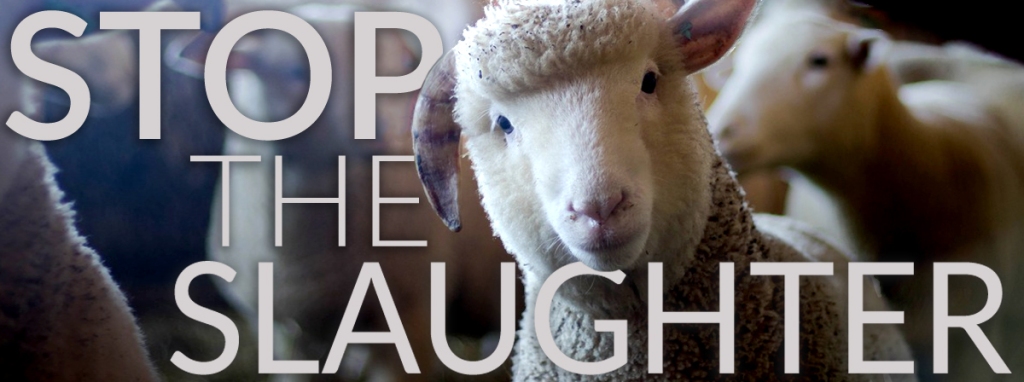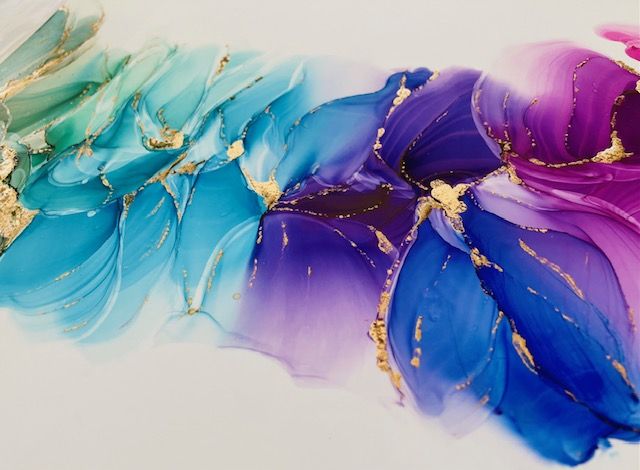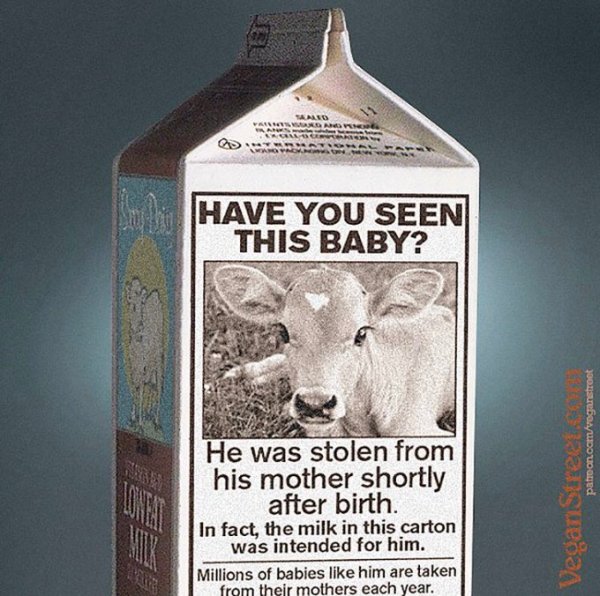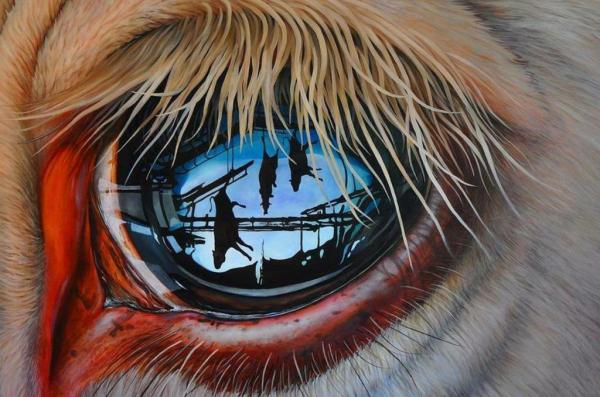“Slavery. It’s Still a Thing.” Christopher-Sebastian McJetters

Vegan Publishers: Christopher-Sebastian McJetters
Source Vegan Publishers
By Christopher-Sebastian McJetters
For this week’s blog we are thrilled to post an excerpt from our upcoming book: “Circles of Compassion.” (Please visit https://www.indiegogo.com/projects/circles-of-compassion-connecting-issues-of-justice to donate to this amazing cause and even get a copy of the book!) The author, Christopher-Sebastian McJetters, is a talented up-and-coming vegan writer who sheds light on a difficult and uncomfortable topic- the connection between human and animal slavery.
Slavery. It’s Still a Thing.
By Christopher-Sebastian McJetters
Hey, everyone. I’m a black guy! I know it’s probably obvious to some of you when you look at me. But some people don’t see race. So I have to make it clear. Otherwise, this fact will escape them entirely.
Very recently, I rounded up a group of people and asked them a simple question: “Why do we consume animals?” The responses were as simple and concise as the question itself:
“Because I like it.”
“They’re not like us.”
“We’re just superior.”
“We have higher intelligence.”
“It’s perfectly natural.”
“God put them here for us.”
“We’re more important.”
“They don’t feel pain the same way we do.”
“It’s just an animal.”
“They don’t reason or have complex emotions.”
“Because we can.”
“I NEED to.”
“I was raised on a farm. Nothing wrong with it. We’ve done it for generations.”
Okay, great! Second question then: “Why don’t we reinstitute slavery in the United States?”
SLAVERY?!
I always want to have a camera to record the expressions when I ask that question. Let’s think about it though. Are not all of these justifications the same ones that pre-Civil War Americans used to justify keeping African slaves?
Uh oh. Battle stations, everyone. I could almost see the mental wagons starting to circle. More than half of these people were Afro-American, and they were having none of my foolishness. Not even a little bit of it. But it wasn’t just the blacks. The white people in the group were looking uncomfortable too. The expression on their faces was priceless. Hoodwinked! I’d drawn these two disparate groups into a subject that dare not speak its name.
There was so much fidgeting in the room that I could no longer tell if we were having a discussion or if we had declared an impromptu interpretive dance.
This response is not uncommon. I’m used to it; American slavery is the elephant in the room. However, constructive dialogue is the only way we can ever heal systemic injustice. Ignoring it only serves to perpetuate the oppression. But this goes deeper than American slavery. It’s about the mindset that allowed American slavery to take root at all. At least everyone in the room could agree upon the fact that white folks should no longer be making black folks pick their cotton. Unfortunately, we seem to be perfectly comfortable with the captive breeding, torture, forced labor, and killing of others right now. But why?
If I were having this conversation 200 years ago with a white person about owning black people, I would be met with the same level of skepticism. Actually, no … this conversation would not have happened at all 200 years ago because I would be far too busy singing negro spirituals and shucking corn to articulate a position. But you get the picture. Why does one form of slavery get a pass, while we recognize the obvious violation of the other? And why do we get so doggone angry and uncomfortable when we identify these parallels?
Let’s take a moment to unpack some of our prejudices against others. Let’s look at some of the common visceral reactions experienced by people of color when discussing oppression. Let’s push past our current perceptions, and put ourselves in the place of the victims rather than the established system that advantages us.
How dare you compare black people and animals? Those two groups are nothing alike!
Allow me to make a point of clarification. Humans are animals. Whether or not you believe that we are conceived from a common ancestor with bonobos, we don’t exist outside of the animal kingdom. So it’s important to deconstruct the narrative that pits “us” against “them.” Also, let’s listen to the correct part of the conversation. This is not a comparison of human animals to non-human animals. This is a comparison of like systems of oppression. Whether talking about white humans and brown ones or horses and pigs, slavery is an abuse of power. That’s what we’re here to examine.
I wish you would stop saying slavery. It’s not the same thing.
Language is important. The very definition of slavery is the treatment of one group as property to be bought, sold, and forced into work by another group. If non-human animals are not slaves, are they then free? There are not many animals I know of that exist within human society who voluntarily engaged in this system. Cows do not clock in and clock out. They don’t go home to their families. They don’t have conversations in the lunchroom. And the only retirement package available to them at the end of their painful lives is a violent death when their usefulness to us has run out.
Of course, coming to terms with the sobering reality of slavery is probably the most difficult mental hurdle to overcome when having these discussions. Because if we are forced to acknowledge that slavery is wrong and that non-humans are slaves, then we have a moral obligation to talk about abolition. The repercussions for our economic structure and, indeed, our way of life could be devastating. But I imagine it wasn’t easy for pre-Civil War Americans either.
I’m not a bad person. Are you calling me a slave owner?
In America’s historic narrative, it’s easy to paint slave owners as villains, and abolitionists as heroes. But slave owners were not all bad people. Likewise, racists are not all bad people. Racism and slavery are constructs that make otherwise good people engage in really bad behavior. Unfortunately, we were all born into this construct that privileges some of us over others. The key is to unlearn the conditioning that teaches us that any form of oppression is okay.
But comparing black ancestors to pigs is insulting and degrading, and it trivializes the oppression they went through.
Say it with me now—a comparison between like systems of oppression is not a comparison between two species of animal. But even if we were comparing marginalized groups of humans and non-humans, why do we find that offensive? At the root, most of us are insulted because we feel like we’re better than another group based on physical distinctions. This is discrimination. When one group of humans does it to another group of humans, we call it racism. When humans do it to non-humans, this is called speciesism.
Any criteria we use to establish dominance over or to except another group is discriminatory. See, the yardstick used to measure differences between “us and them” is always going to start “us” off at one-and-a-half inches. And a house built with false measurements is destined to fall down. The very act of seeking to point out our differences in a society is a rigged system designed by its very nature to determine who is better. Throughout American history, blacks have always found themselves the victims of a hierarchy that inherently favors whites. To that end, non-humans throughout the whole of history have suffered the same fate, and still do today with no end in sight.
Well what black people have suffered is far worse.
This is all a matter of perspective, isn’t it? From the standpoint of the victim, one could argue that what is happening to non-humans is actually much worse. During the 18th and 19th centuries, approximately 12.5 million Africans were shipped to the New World. Nearly 10 billion land animals alone are killed each year to produce meat, dairy, and eggs. And that’s just in the United States. That number increases to 65 billion globally (or 6 million every hour)[1]. So strictly by numbers, non-humans have Africans beat. It could also be argued that since this exploitation existed prior to the African slave trade and still exists now, it’s an aggression that deserves strong consideration.
But where is the value in tallying up who has suffered the greater injustice? Why should we choose to take on the narrative that one group has been more deeply aggrieved than another? Establishing a hierarchy of oppression only serves to help the oppressor. The better narrative—the stronger narrative—is in choosing to seek freedom for everyone. Otherwise, we’re only fighting for the right to oppress someone else. Solidarity is the key to establishing equality. Division only perpetuates more tyranny.
This is all well and good, but consuming animals is a personal choice. You’re forcing your beliefs on me.
Again, this is a matter of perspective. We should take a sober look at the kind of aggressions that are being perpetrated against non-humans. Their exploitation is so complete that it’s nearly invisible. Yes, they are our food. But they are also our wool sweaters, our leather shoes, our shampoo, our streets, our electronics, and even our home décor. Can we honestly say that it is our personal choice to take away the agency and sovereignty of someone else while simultaneously saying that American slavery was wrong? If holding up a mirror to expose our complicity in structural inequality toward non-humans is forcing beliefs, then so too did abolitionists force their beliefs on Americans to end the exploitation of black people.
I’m scared.
So am I. It takes a lot of work to unlearn a lifetime of conditioning that privileges certain groups. It’s equally scary when black people have discussions with white people involving race. But even though it makes us uncomfortable, it’s necessary. When we can adequately understand the space occupied by both those who benefit from privilege and those who are oppressed by it, we build a bridge that can liberate us from such inequality altogether. That’s why slavery matters to all of us. Regardless of our racial background, everyone is complicit in this system of persecution against non-human animals. And until we are truly present to the impact of harming the most vulnerable among us, we won’t be able to deconstruct how to stop doing harm to one another.
So how did this exchange end with all these nervous people desperate to distance themselves from their participation in slavery? Same as it always does. We got angry. We got sad. We placed blame. And then something amazing happened. We took responsibility. Did all of these people walk away choosing instantly to let go of their speciesism? No. But every one of them is now more aware. And raising awareness is where it all begins.
Racism hasn’t entirely been eradicated either. Fortunately, far fewer people exercise that choice. So we have these conversations. And we don’t give up.
Longtime vegan and social justice advocate Christopher-Sebastian McJetters lives in New York City with his rescue dog Orion. A copyeditor by profession, Sebastian is currently a staff writer at Vegan Publishers. In his spare time, he organizes events and discussions relative to exploring the intersectionality of veganism and other movements for social justice including women, the LGBT community, and people of color. He also bakes vegan cookies that are guaranteed to end wars, lower taxes, save marriages, and raise consciousness.
[1] http://farmusa.org/statistics11.html
Please also remember Circles of Compassion: Connecting Issues of Justice. To donate to this amazing cause, please visit https://www.indiegogo.com/projects/circles-of-compassion-connecting-issues-of-justice













































Human cruel and stupid, fueled by fear and ignorance,
Never did and never will
Make any sense!
LikeLiked by 1 person
Love it, thank you, hon, it’s perfect!
LikeLiked by 1 person
thank you stacey and you are very welcome 🙂
LikeLike
I love this intelligent, logical post. Thanks so much.
LikeLiked by 2 people
In the eyes of the earth mother, we are all ONE
LikeLike
As do I, thank you, Sandra.
LikeLiked by 1 person
I am just following God’s food chain. Have you ever thought about what would happen if we did away will all those pesky mosquito’s in the world? They are part of the food chain, for some thing. Would doing away with the common mosquito be the end of Man Kind?
LikeLike
Brilliant work Christopher! I added your strong abolitionist voice here http://quotesonslavery.org/2014/06/14/i-wish-you-would-stop-saying-slavery-its-not-the-same-thing/
LikeLike